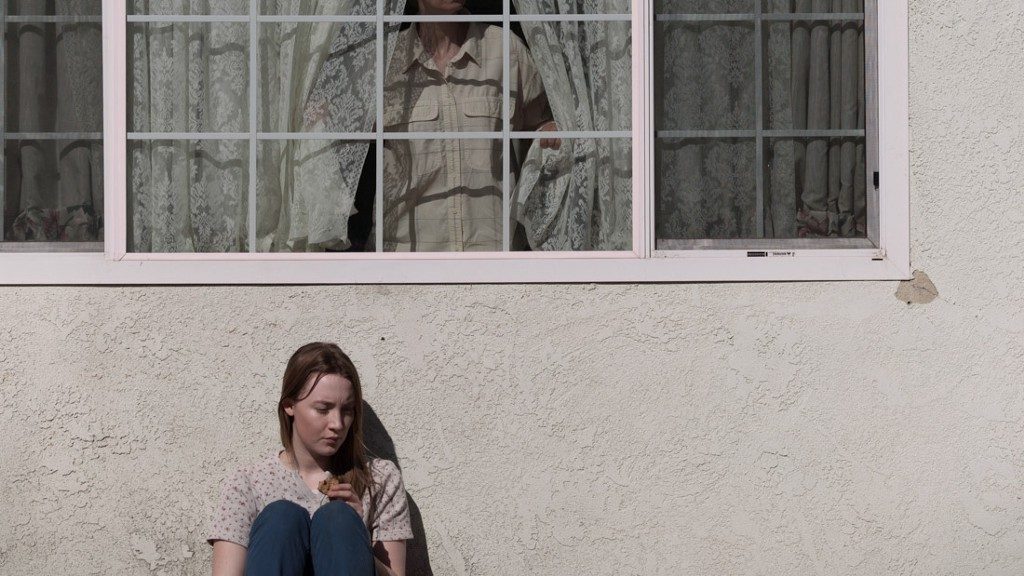Nikole Beckwith’s plays have been read and performed in Ensemble Studio Theater, LAByrinth Theater Company, The Rattlestick Playwrights Theater, Barrow Street Theater, 3LD, The Flea, Lesser America, and the Old Vic in London. Her first play, Everything is Ours, was a finalist for the 2011 National Playwrights Conference and was part of Chautauqua Theater Company’s New Play Workshop’s 2012 Signature Staged Reading Series. The screenplay for Beckwith’s first feature film, Stockholm, Pennsylvania, garnered her a 2012 Nicholl Fellowship in Screenwriting, awarded by The Academy of Motion Picture Arts and Sciences. (Nikole Beckwith’s official site).
Stockholm, Pennsylvania will premiere at the 2015 Sundance Film Festival on January 23.
W&H: Please give us your description of the film playing.
NB: Stockholm, Pennsylvania is the story of a young woman returned home to her biological family after 17 years of living with her abductor. It’s about identity, love, expectation, and nature vs. nurture.
W&H: What drew you to this story?
NB: Many things. I grew up during a time when there were a lot of focal kidnapping cases. I think the sensationalism surrounding them became part of my worldview very early, both in the vulnerability of being a child and the predatory culture which surrounds growing up as or into a woman.
Part of that sensationalism and our strange voyeuristic hunger towards victimization also gets funneled into our detrimental romance with the notion of a happy ending, whereas I don’t see “returning home” as any kind of ending, really. I see it as more of a beginning. I wanted to look at how fiercely private and complicated something like this is or could be.
W&H: What was the biggest challenge in making the film?
NB: Well, that changes every day. There are so many chapters in the process and only seven days in the week, but I think overall the biggest challenge was carving the story as a film at the same time that the film was carving me as a filmmaker. Perpetual everything.
W&H: What do you want people to think about when they are leaving the theatre?
NB: Well, anything, really. Though the circumstances of the film are incredibly specific, I tried to tell it in a way that respected that specificity while also inviting our own experience of such questions. I think what each person takes away from the story and the telling of it could be very different. And I love that. I hope for that.
W&H: What advice do you have for other female directors?
NB: Trust yourself. Be your own best advocate. Be willing to be “difficult,” or at least labeled as difficult. It doesn’t mean you are. It just means you’re strong. That’s my only gendered advice so far. Let’s all keep going, and someday we will be known simply as directors.
W&H: How did you get your film funded? Share some insights into how you got the film made.
NB: The screenplay got two big boons in the beginning: a Nicholl Fellowship from The Academy and, from there, a spot on The Blacklist, followed by the interest and support of the Sundance Labs. Those holdings and attentions made the road to getting the film made a fairly paved one. The script was optioned by a new production company, Fido Features, which also financed the film.
W&H: Name your favorite woman-directed film and why.
NB: I can’t name one; that’s insane. I love Lynne Ramsay’s work. Her storytelling is vivid, and visceral, and brutal, and beautiful. She gives you so much to carry home. I love Miranda July’s films — so odd and open. She creates this entire world we get to live in, and she makes it in such a way that it feels both completely known and warmly familiar, like it belongs to us somehow.
I was really excited by Gillian Robespierre’s Obvious Child, a totally accessible film without sacrificing an iota of her very specific and ridiculously refreshing voice. I saw that movie and thought, “Finally.” I could keep going and going.







